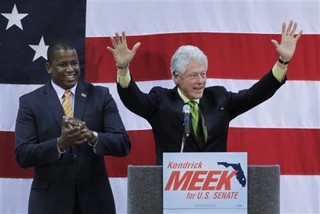NPR recently ran a two-part series on media bias. The reports, by David Folkenflik, were quite good, with a couple major flaws. Folkenflik ignored the question of who gets hired by the major media and why. Isn’t it time to do a nuts-and-bolts investigation of who gets brought on to the Washington Post, New York Times, CBS, et al, and who does not? Answering that question may answer why the media has lost its capacity to report fairly, not to mention delight, compel, and surprise — characteristics that, idiotic pronouncements about “objectivity” aside, are part of what makes good journalism.
In his report, Folkenflik compared American papers to British ones. The British papers are proudly partisan and don‘t hide it; one editor went so far as to say the partisanship affects how stories are reported — who gets quoted, what gets left out. According to Folkenflik, “Guardian Editor-in-Chief Alan Rusbridger argued that British papers give more room than their American counterparts to voices that challenge conventional wisdom. ‘I think it’s quite a striking thing about the British press that you get this polemical battle over the basis for what news is, which I feel is to a large extent missing in the American scene,’ Rusbridger says. ‘No judgments are free of ideologies, so who you choose to quote and how you structure stories are highly political judgments. I think that’s the problem with trying to place too much faith in something called objectivity.’”
Read Full Article »



